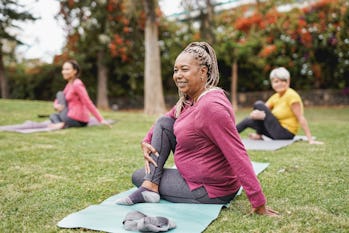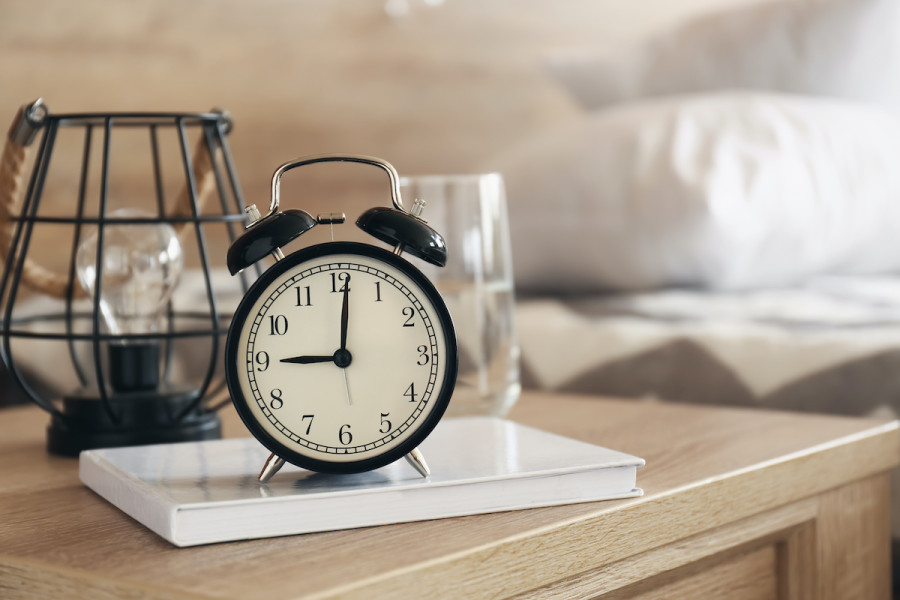Routines have the power to help us manage our health and our work, home, and community lives.
The following written content from Megan Edgelow

The word “routine” can bring to mind words like mundane or ordinary. During the pandemic’s disruptions to daily life, routines may have felt boring and restrictive.
However, as an occupational therapist and researcher of the impact of activity and participation on mental health, I know that routines can be powerful tools. They can support cognitive function, boost health and provide meaningful activities and social opportunities.
Early in the pandemic, researchers pointed to the value of daily routines to cope with change. As the two-year anniversary of the pandemic coincides with the relaxation of public health measures across the country, reflecting on routines and their value is useful when moving toward a “new normal.”
First, having a daily routine and regular habits supports cognitive function and may even free people up to be more creative. Research has found that having regular work processes allows workers to spend less cognitive energy on recurring tasks, which can support focus and creativity for more complex tasks.
Think of typical morning routines that existed before the pandemic: helping family members get on their way, taking a usual route to work, grabbing a warm beverage along the way, saying hello to coworkers, flipping on a computer, or opening a calendar. Having habits like these can set the stage for a productive workday.
A review of the daily rituals of influential artists found that many artists have well-defined work routines which may support their creativity rather than constrain it. Memory research shows that regular routines and habits can support older adults to function better in their home environments.
If taking medications at the same time and putting the keys in their spot is part of a daily routine, less energy will be spent looking for lost objects and worrying about maintaining one’s health, freeing up time for other things people want to do in their day.
Regular routines can also help people feel like they have control over their daily lives and that they can take positive steps in managing their health. For example, making time for exercise within routines can help meet recommended daily activity levels. This is especially relevant now since research shows that people who reduced their activity levels during the pandemic could experience enduring health effects. Read more from Inverse





